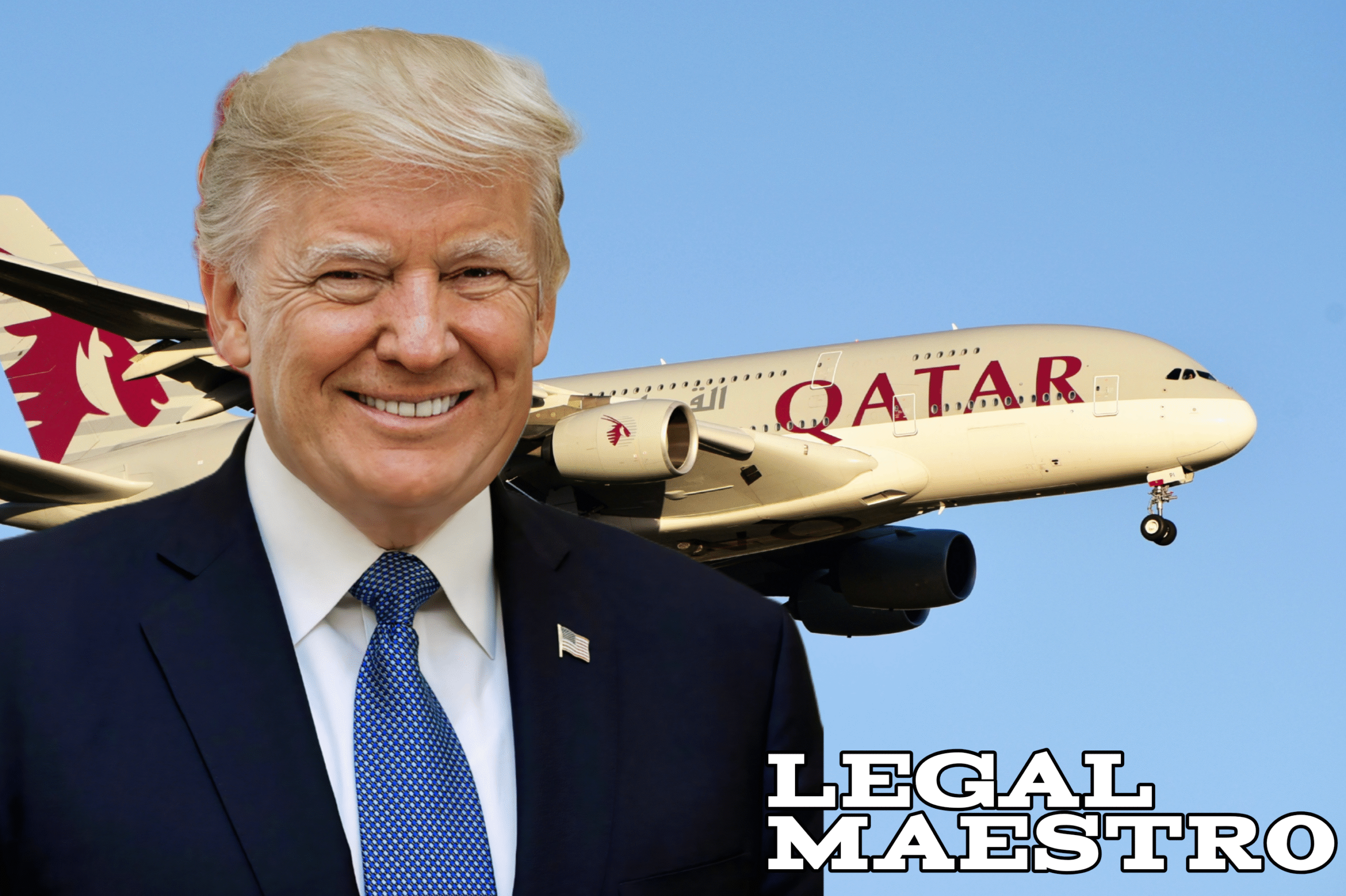
In the event that a foreign government presents a gift to the head of state, it is certain that problems of influence, ethics, and legality will eventually arise.
According to rumors that surfaced in May of 2025, Qatar had supplied former President Trump with the use of a beautiful airplane for an extended period of time.
Discussions on the Emoluments Clause of the United States Constitution and the Foreign Gifts and Decorations Act were reignited as a result of the gift.
For any queries or to publish an article or post or advertisement on our platform, do call at +91 6377460764 or email us at contact@legalmaestros.com.
When it comes to the management of gifts presented by foreign dignitaries to the Prime Minister and President of India, India relies on a combination of constitutional provisions and administrative norms.
This is because India has a long history of such gifts being presented. The structure of both systems is dissected in this article, and a comparison is made between the mechanisms of India and those of the United States.
For More Updates & Regular Notes Join Our Whats App Group (https://chat.whatsapp.com/DkucckgAEJbCtXwXr2yIt0) and Telegram Group ( https://t.me/legalmaestroeducators )
For any queries or to publish an article or post or advertisement on our platform, do call at +91 6377460764 or email us at contact@legalmaestros.com.
Context and Criticism Regarding Qatar’s Gift to President Trump
It was reported by many news outlets in the beginning of May 2025 that Qatar had provided former President Trump with a lease for a high-end private airplane that was for a period of multiple years.
During the course of the deal, which was estimated to be worth hundreds of millions of dollars, Trump was provided exclusive access to an Airbus A321 that was outfitted with luxurious touches.
Concerns were raised by critics that this gift would violate United States regulations that are intended to prohibit foreign influence on the President of the United States.
For any queries or to publish an article or post or advertisement on our platform, do call at +91 6377460764 or email us at contact@legalmaestros.com.
It was pointed out by those who supported the arrangement that, according to the law that is already in place, gifts that exceed a certain level become the property of the United States government unless the recipient reimburses the government for the fair market value of the present.
Because of this occurrence, the question of how heads of state handle foreign presents without jeopardizing the nation’s interests has been brought back into the spotlight.
A Constitutional and Legal Framework for Gifts from Other Countries in the United States
In accordance with the Foreign Emoluments Clause of the United States Constitution, federal officeholders are not permitted to receive any “emolument” from a foreign power without first receiving approval from Congress.
For any queries or to publish an article or post or advertisement on our platform, do call at +91 6377460764 or email us at contact@legalmaestros.com.
In the same vein, the Foreign Gifts and Decorations Act mandates that federal employees report gifts that exceed a certain threshold in terms of value, which is currently set at less than five hundred dollars.
It is required that items with a value that is greater than this threshold be handed over to the government; however, the President has the ability to keep them by reimbursing the Treasury.
The purpose of this dual system is to strike a compromise between respecting diplomatic etiquette and protecting against undue influence from foreign sources. Despite the existence of these regulations, enforcement has frequently relied on voluntary reporting and the discretion of the Office of the Chief of Protocol throughout the years.
For any queries or to publish an article or post or advertisement on our platform, do call at +91 6377460764 or email us at contact@legalmaestros.com.
Legal Provisions in the Indian Constitution Regarding Gifts from Abroad
The Prime Minister or President of India are not permitted to receive gifts, as the Constitution of India does not specifically address this issue. Rather than that, it lays out the fundamental ideals of public office and integrity.
Article 361 grants immunity from legal procedures to the President and governors, but it does not provide them complete freedom to receive gifts from other countries.
In accordance with Article 102, elected members of Parliament and ministers are subject to disqualification if they occupy a position that generates a profit for the government of India or a state government.
For any queries or to publish an article or post or advertisement on our platform, do call at +91 6377460764 or email us at contact@legalmaestros.com.
It is important to note that this section emphasizes the larger constitutional purpose of eliminating conflicts of interest for public officeholders, despite the fact that it concentrates on financial advantage from Indian governments.
Regulations for the Toshakhana and the Conduct of Government Employees
India relies on the Toshakhana system, which was initially established during the time of colonial rule to hold gifts that were received by officials from distinguished foreign guests.
This system is used to operationalize gift management. In accordance with the regulations of the Ministry of External Affairs, any gift that comes from a foreign source is required to be placed in the Toshakhana for a period of thirty days.
For any queries or to publish an article or post or advertisement on our platform, do call at +91 6377460764 or email us at contact@legalmaestros.com.
By paying a minimal fee, the recipient has the option of keeping presents that are valued below a certain monetary threshold. On the other hand, goods that are valued beyond the threshold can be purchased by paying the difference in assessed value.
Unclaimed gifts are eventually put up for auction and sold to the highest bidder. The Central Civil Services (Conduct) norms are a set of guidelines that are intended to supplement these norms. These guidelines encourage government employees, including ministers, to refrain from taking gifts that could potentially affect their public duties.
Analysis of the United States of America and India
The United States of America and India are both aware of the difficult balance that must be maintained between maintaining official integrity and using proper diplomatic etiquette. In the United States, the strategy involves incorporating constitutional restrictions into the founding charter of the country and supplementing these prohibitions with legislation that codifies thresholds and reporting mechanisms.
For any queries or to publish an article or post or advertisement on our platform, do call at +91 6377460764 or email us at contact@legalmaestros.com.
Despite the fact that India does not have a constitutional clause that specifically addresses gifts from other countries, the country does have executive standards that are based on the Toshakhana laws and the civil service conduct framework.
The Toshakhana system in India centralizes gift custody and provides transparent assessment and purchase procedures, in contrast to the United States, where the personal holding or repayment of high-value gifts by the President can cause political controversy.
Through the use of this centralized strategy, personal retention and possible conflict are both reduced.
For any queries or to publish an article or post or advertisement on our platform, do call at +91 6377460764 or email us at contact@legalmaestros.com.
Implications for Openness and Honesty in the Organization
In both democracies, one of the most important factors in preserving public trust is transparency.
It is possible for the United States system to have gaps in its coverage if officeholders choose not to submit information because it relies on voluntary reporting and congressional oversight hearings.
A form of centralized record-keeping is provided by India’s Toshakhana mechanism. This approach can be audited and assures that gifts are either accounted for or become public assets.
For any queries or to publish an article or post or advertisement on our platform, do call at +91 6377460764 or email us at contact@legalmaestros.com.
Nevertheless, the efficacy of these regulations is contingent upon the implementation of them in a stringent manner and the willingness to impose penalties for breaking them.
The Prime Minister and President of India emphasize the importance of adhering to these standards because it demonstrates their commitment to ethical governance and reduces the perception of foreign interference.
In the instance of Qatar’s airplane for former President Trump, the intricate interplay of diplomacy, law, and ethics that surrounds the giving of foreign gifts to heads of state is brought to light.
For any queries or to publish an article or post or advertisement on our platform, do call at +91 6377460764 or email us at contact@legalmaestros.com.
In India, the administration of presents to its leaders is handled through the use of administrative procedures within the framework of the civil service and the Toshakhana system.
This is in contrast to the United States, where the Constitution and federal statutes apply direct restrictions on the President. While each model has its own set of advantages and disadvantages, the overarching objective of both models is to prevent excessive foreign influence.
As India’s involvement in global affairs becomes more extensive, it would be necessary for the country to periodically evaluate and implement the standards of conduct and Toshakhana in order to maintain its integrity and transparency.
For any queries or to publish an article or post or advertisement on our platform, do call at +91 6377460764 or email us at contact@legalmaestros.com.

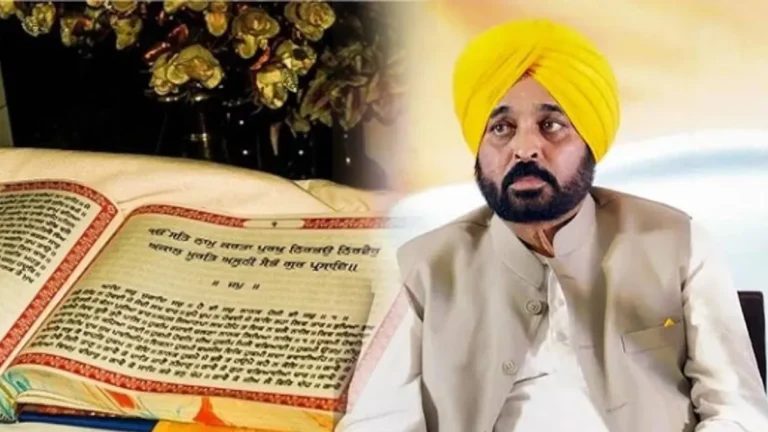
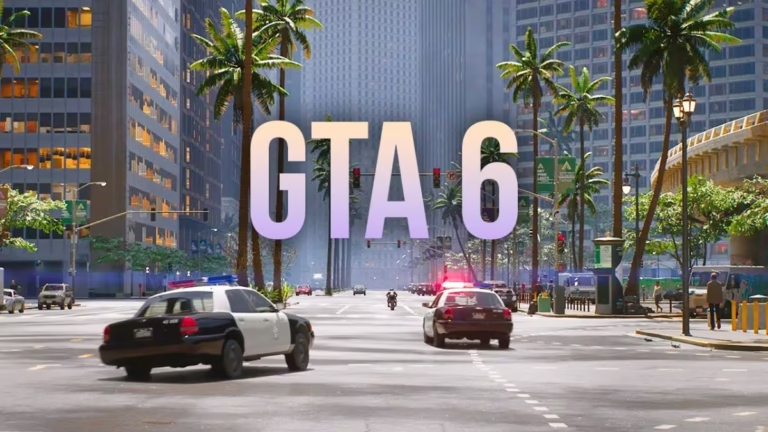

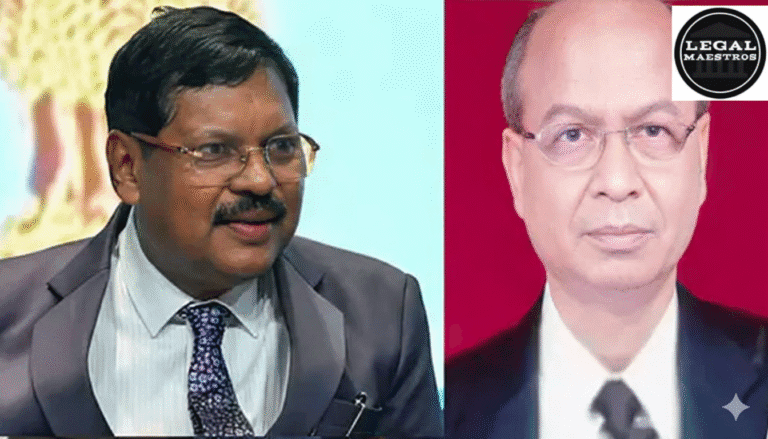
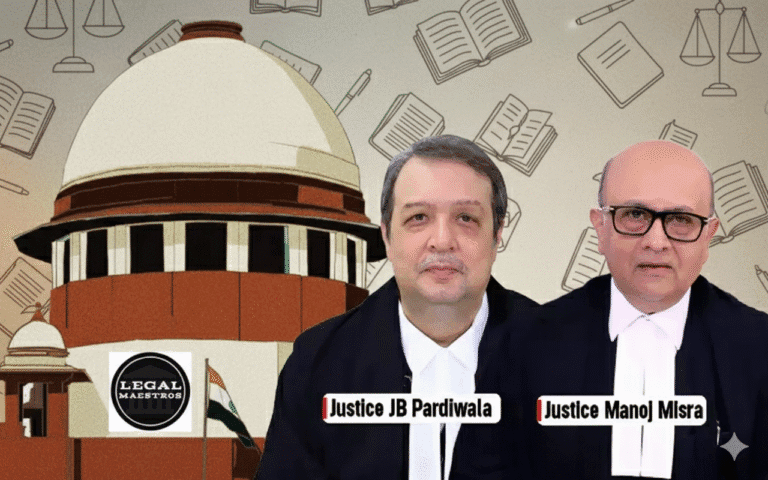
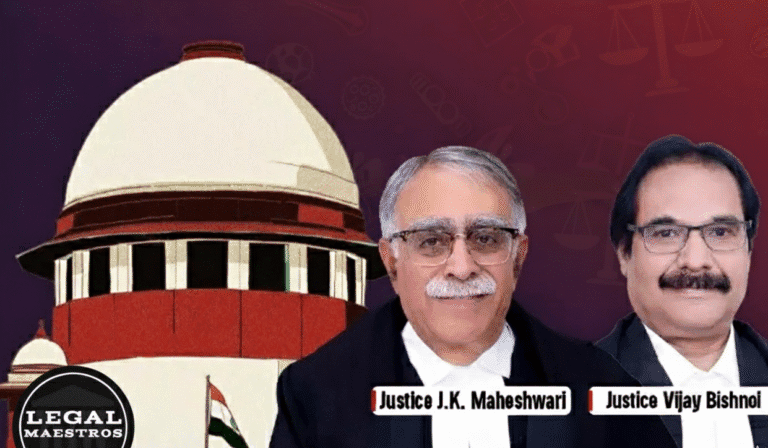
2 thoughts on “Qatar’s Plane Gift to Trump: Constitutional Analysis of Foreign Gifts to India’s Prime Minister and President ”